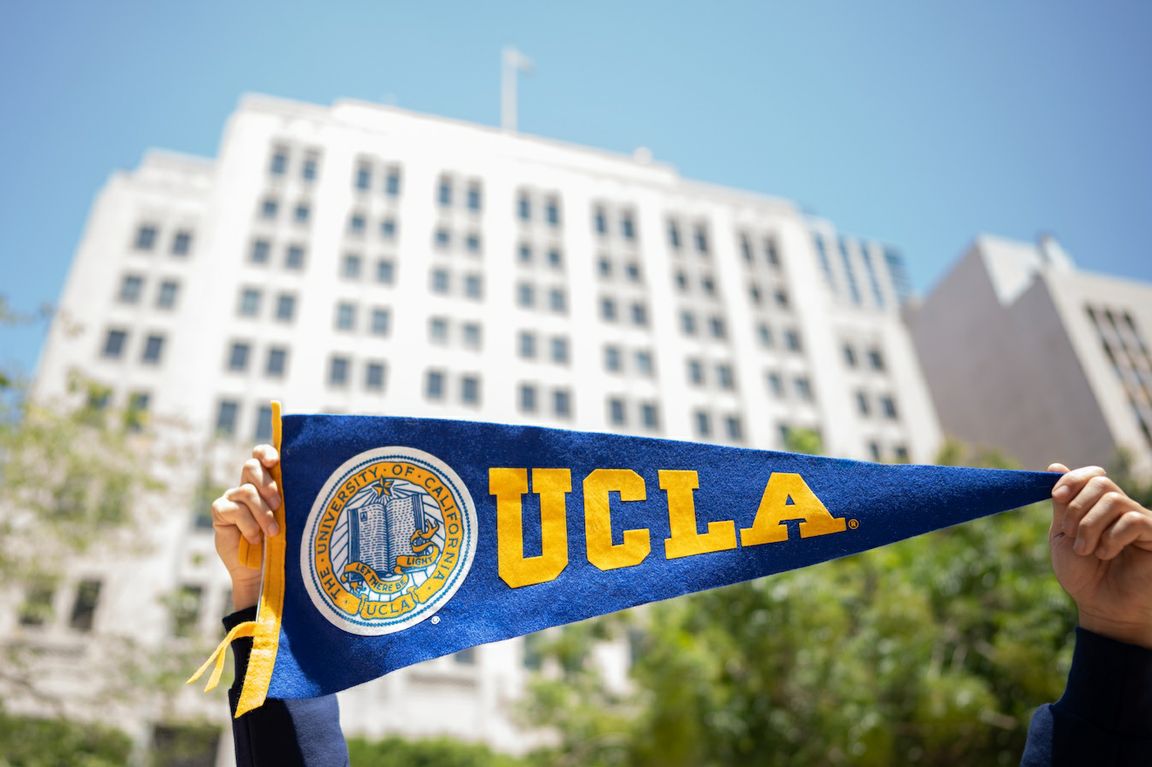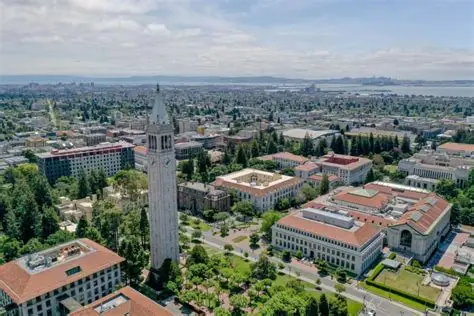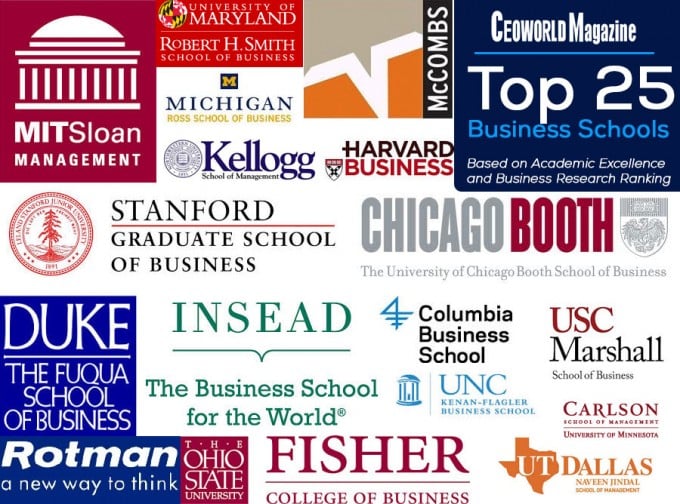
UCLA
The University of California, Los Angeles (UCLA) is a public research university. Founded in 1919 as the Southern Branch of the University of California, it officially became the University of California, Los Angeles in 1927. Today, UCLA is renowned for its pioneering research in fields ranging from medicine and engineering to the arts and humanities.
Its research hubs include the California NanoSystems Institute, the Institute for Research on Labor and Employment, and the Hammer Museum, among others. UCLA’s athletic teams, the Bruins, compete at the NCAA Division I level and are central to school spirit. Situated in Los Angeles, the campus provides students with unrivaled access to cultural, entertainment, and internship opportunities. Over the years, UCLA has produced numerous Nobel laureates, industry leaders, politicians, and cultural icons.
Location
UCLA is nestled in Westwood, Los Angeles, on approximately 467 acres of urban campus land. The grounds blend historic architecture—most notably Royce Hall and Powell Library, both from the 1920s—with lush green spaces and modern facilities. Iconic paths like Bruin Walk, cultural institutions in nearby Westwood Village, and proximity to venues like the Getty Center and Santa Monica enrich the campus experience.
Student Cohort
As of fall 2023, UCLA enrolled approximately 48,048 students, including 33,040 undergraduates, 13,636 graduate students, and 1,372 medical and dental interns and residents. Of those, around 6,347 are international students at UCLA. The university prides itself on diversity: 29% of undergraduates are first-generation college students, and 28% receive Pell Grants.
Admission
-
Applications & Admit Rate
For Fall 2024, UCLA received a staggering 173,651 applications, including 146,276 from freshmen and 27,177 from transfer applicants. Of that pool, about 12,800 freshmen were admitted, yielding an acceptance rate of roughly 9%. This marks a continued trend of low acceptance rates; over the previous decade, UCLA’s average was around 13.4%, with current rates hovering between 8.7% to 9%. -
California Resident Admissions
For Fall 2025, UCLA admitted 63% California residents, a slight decline from 67% the prior year—mirroring growing competition among in-state applicants. -
GPA & Testing
Although SAT/ACT scores are not considered in admissions (test-blind policy), the middle 50% weighted GPA of admitted freshmen ranged between 4.27–4.68.
Academics
UCLA comprises four major academic divisions—Humanities, Life Sciences, Physical Sciences, and Social Sciences—hosted primarily within the College of Letters and Science, which remains the largest academic unit in the UC system with about 25,000 undergrads, 2,700 grads, and 900 faculty members. College, seven professional schools offer undergraduate and graduate programs across disciplines like Engineering, Music, Nursing, Public Affairs, Arts/Architecture, and Theater/Film/TV
Student–Faculty Ratio
Exact recent ratios were not found, though some sources cite as low as 19:1, suggesting close engagement with faculty
Retention & Graduation Rates
-
First-Year Retention: A robust 97% of freshmen return for their sophomore year
-
Graduation Rates:
-
4-year: ~76%
-
6-year: ~92%
-
Per UCLA’s 2024–25 profile: 93% of freshmen graduate within six years, 76% within two years, 91% within three years, and 94% eventually graduate (including transfers)
-
Cost of Attendance
Updated – June 2025
| UCLA Residence Halls | Off-Campus Apartments | Commuter | |
|---|---|---|---|
| University Fees | $15,700 | $15,700 | $15,700 |
| Food and Housing | $18,960 | $19,888 | $8,968 |
| Books, Course Materials, Supplies, and Equipment | $1,680 | $1,680 | $1,680 |
| Transportation | $857 | $1,646 | $2,998 |
| Personal | $2,361 | $2,481 | $2,686 |
| Health Insurance* | $3,579 | $3,579 | $3,579 |
| Total – California Residents | $43,137 | $44,974 | $35,611 |
| Nonresident Supplemental Tuition | $37,602 | $37,602 | $37,602 |
| Total – Nonresidents | $80,739 | $82,576 | $73,213 |
In Summary
UCLA remains a premier public university distinguished by its rigorous academics, vibrant campus life, and broad professional access. Though more moderate in protest tone than UCLA’s mid-20th-century era, today’s Bruins embody an intellectually diverse, driven, and socially engaged community.







